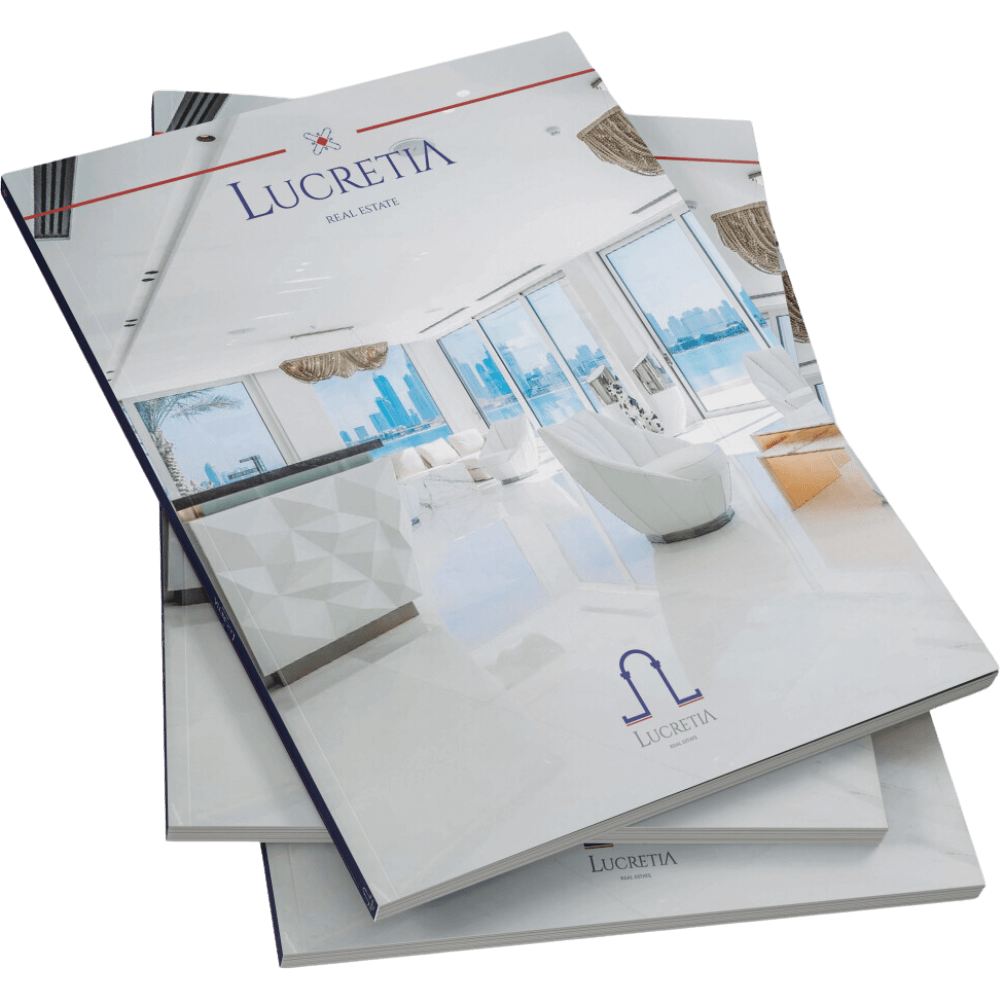Dubai is a constantly evolving metropolis, and its property market is no exception. Over the years, this city of a thousand facets has seen ups and downs in the property sector, with an impact on prices, demand and supply. In this article, we’ll explore the evolution of Dubai’s property market, as well as current trends and those set for the future.
Past trends: The property boom and the financial crisis
The early 2000s saw a boom in property construction in Dubai. Buoyed by a flourishing economy and ambitious development projects, the city saw the emergence of countless skyscrapers and luxury residential complexes. This period was also characterised by strong interest from foreign investors, attracted by high potential returns and advantageous tax arrangements.
The 2008 financial crisis
But this exponential growth was brought to a screeching halt by the global financial crisis of 2008. Suffering the aftershocks of the recession, the Dubai property market saw a drastic fall in prices and transactions. Many ongoing projects were suspended or cancelled, and demand for property fell sharply. It will be several years before the market gradually recovers and regains its previous momentum.
Current trends: Towards a more balanced market
Over the past decade, the Dubai property market has begun a slow but definite recovery. Under the impetus of the local authorities, new regulations have been introduced to better control transactions and prevent property bubbles. These measures have helped to stabilise the market, while encouraging stronger, more sustainable growth.
A diverse range of properties to meet demand
Demand for housing in the Dubai metropolis has also changed over the years. In response to the rising cost of living and the diversification of the population, the property market has gradually moved towards a more varied offer, incorporating not only luxury residences but also affordable and intermediate housing. This trend is now being confirmed by the growing number of property developments targeting different socio-economic categories.
Renewed interest from international investors
Improving global economic conditions, coupled with the prospect of the 2020 World Expo in Dubai, have helped to raise the profile of the local property market on the international stage. In recent years, there has been renewed interest from foreign investors, particularly from Asia and the Middle East. They are particularly attracted by the prospects of profitability offered by the Dubai market.
Future trends: Innovation and sustainability as growth drivers
With the city and its real estate needs changing so rapidly, what trends can we expect to see in Dubai’s real estate market in the future? Several key factors should continue to influence the sector in the years ahead, in line with the city-state’s ambitions for sustainable development.
The development of innovative real estate projects
Creativity and innovation have always been at the heart of Dubai’s real estate projects, as the city continues to push back the boundaries of architecture and urban planning. This trend shows no sign of slowing down, with plans announced for the construction of iconic new skyscrapers, innovative residential complexes and entirely green and connected neighbourhoods. These projects will not only enhance Dubai’s brand image, but also improve the quality of life of its residents and reduce its environmental impact.
Adopting strict environmental standards
As part of its strategy to become a green and sustainable city, Dubai has introduced increasingly strict environmental standards for real estate projects. These include the management of construction waste, the energy efficiency of buildings and their carbon footprint. These requirements, which apply to both new projects and the renovation of existing properties, should encourage players in the property market to adopt environmentally-friendly practices.
Continued economic diversification
Dubai’s real estate market is closely linked to the dynamism and diversification of its economic fabric. Initiatives aimed at strengthening the technology, tourism, education and healthcare sectors should continue to boost demand for suitable housing and commercial space. What’s more, these efforts will also help to attract international companies and investors, thereby sustaining growth in the local property market.
In short, the past, present and future evolution of Dubai’s property market is inextricably linked to the socio-economic and urban transformations taking place in this fast-growing metropolis. Challenges remain, but several signs suggest that the city-state is moving towards a future where innovation, sustainability and diversity will be the watchwords of its real estate market.

